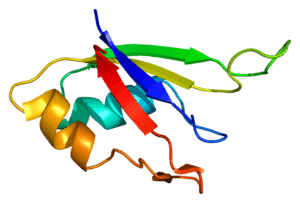Janet Cohen Sherman, clinical director of the Psychology Assessment Center at Massachusetts General Hospital, recently revealed new information suggesting that language deficits experienced by those with mild cognitive impairment (MCI) could be an indication of future dementia.
This information was disclosed at the American Association for the Advancement of Science in Boston in early 2017. Small changes in a person’s style of speech are now thought to occur as long as 10 years before more obvious signs of dementia become apparent.
Small changes in a person’s style of speech are now thought to occur as long as 10 years before more obvious signs of dementia become apparent.
According to an article in The Guardian, scientists hope to detect these small changes in speech to help them predict the likelihood of a later Alzheimer’s diagnosis. The ability to detect changes well in advance of a traditional diagnosis of Alzheimer’s has previously been difficult and has focused on changes in memory but it is now hoped that within 5 years a new test can be developed that will focus on language.
Typical linguistic changes can include using fewer unique words, speech becoming repetitive or vague, and the loss of a sophisticated vocabulary. But general long-winded speech in itself is not a concern as many people speak this way all their lives.
Dementia and Alzheimer’s is now the leading cause of death in England and Wales having overtaken heart disease in 2016.
Dementia and Alzheimer’s is now the leading cause of death in England and Wales having overtaken heart disease in 2016. But recently new drugs that were hoped would provide a successful treatment have failed in clinical trials. They have made no difference to the rate of cognitive decline. Over the decade to 2012 almost all clinical trials for dementia drugs were abandoned.
Some experts are of the opinion that treatment through medication does not help because the damage to the brain is too great by the time a dementia diagnosis is made. This is why Sherman’s research is focusing on detecting the disease much earlier in the hope of finding an effective treatment that will work.





